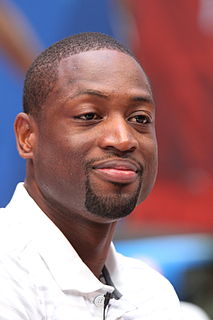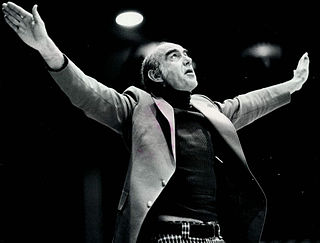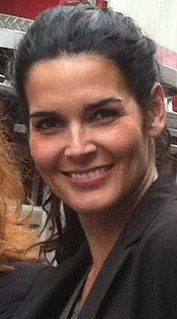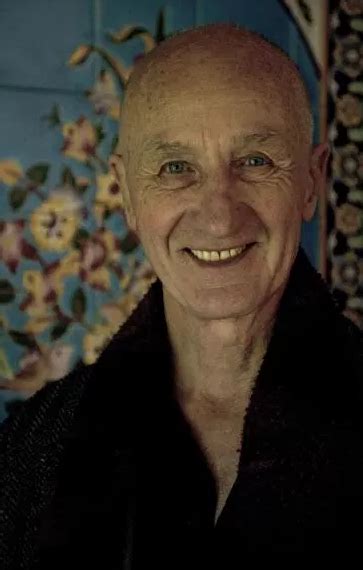A Quote by Dwyane Wade
An athlete needs to read situations before they happen.
Related Quotes
It's highly dishonorable to ever quit a production. I never have done it, and I can't imagine ever doing it. However, I have been in productions before where, on the first in the read-through, you feel that someone is in trouble, and indeed, actors have been let go shortly after read-throughs. I've seen that happen before.
When someone is in a state of flow, that person's brain is not thinking about anything - it's just processing things through chunks at a total instinct level. Athletes in a state of flow describe knowing what will happen just before it does - knowing how a defender will react to a certain move an instant before doing it. Of course, if you know what will happen, you can succeed at doing it, so an athlete in flow has a stand-out game.
I read a ton of nonfiction. I tend to read about a lot of very extreme situations, life-or-death situations. I'm very interested in books about Arctic exploration or about doomed Apollo missions. I tend to read a lot of nonfiction that's sort of hyperbolic and visceral. And then I kind of draw on my own personal experiences and my own sort of generic life experience, and I kind of try to feed my day-to-day reality that I have with sort of high stakes reference points that I read about. They're things everyone can relate to.





































